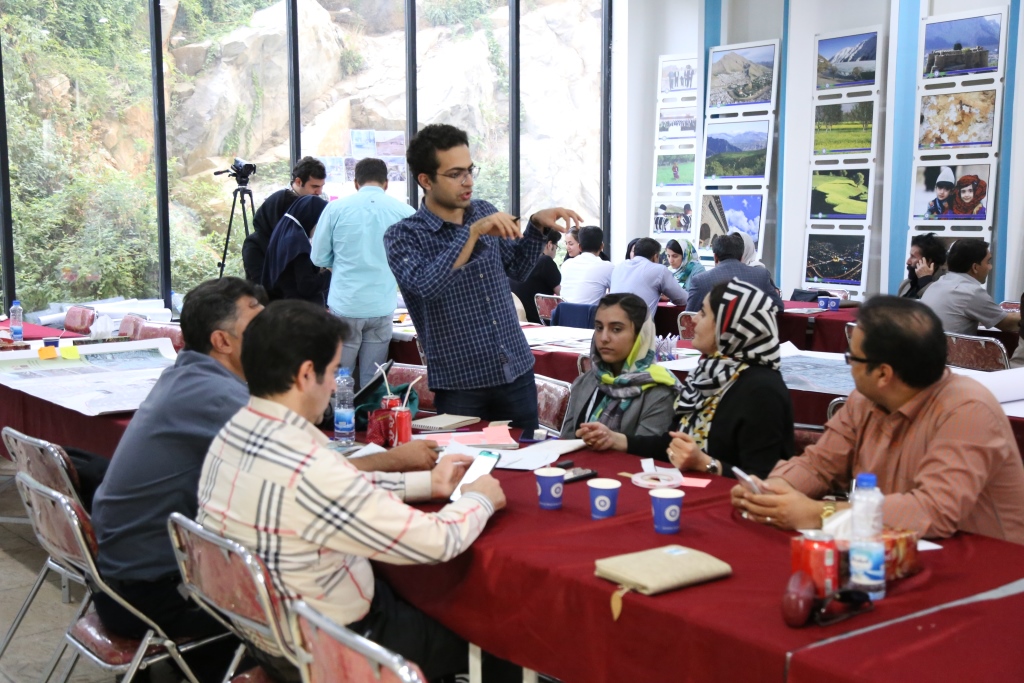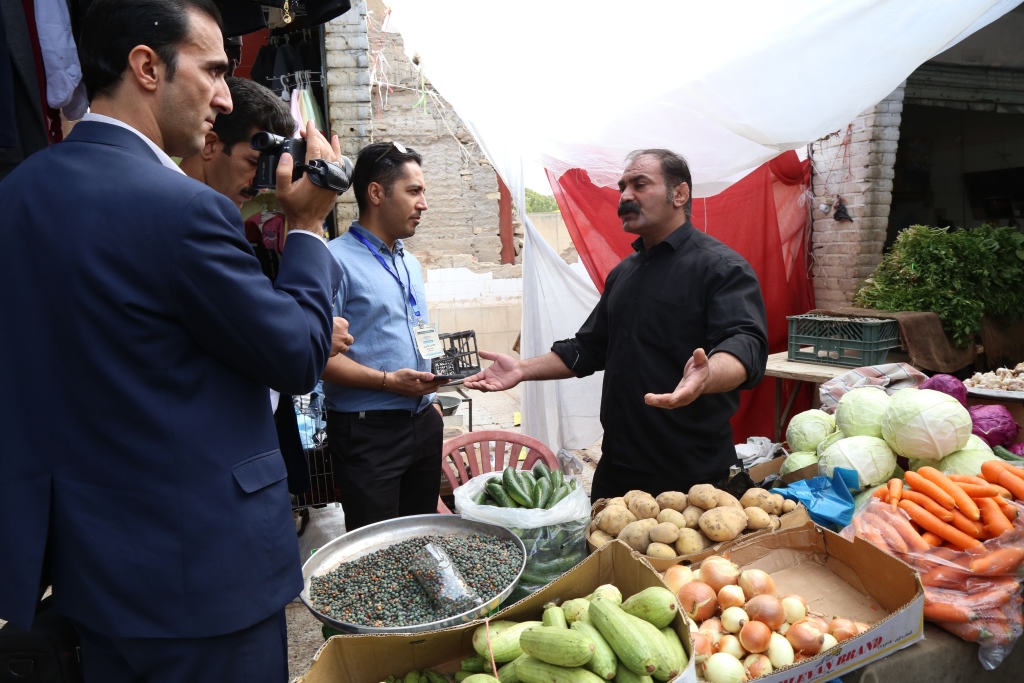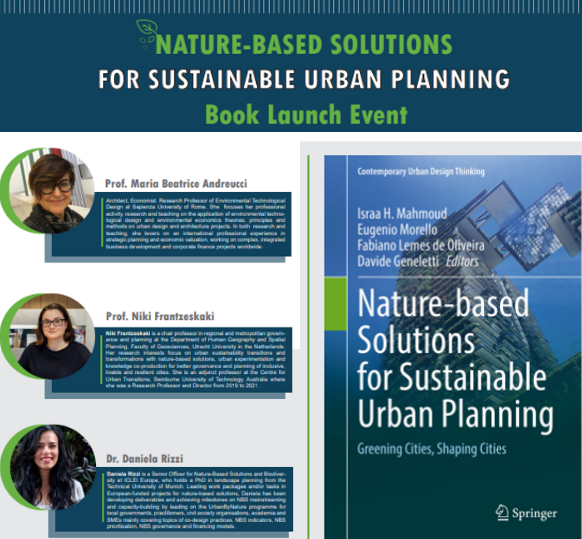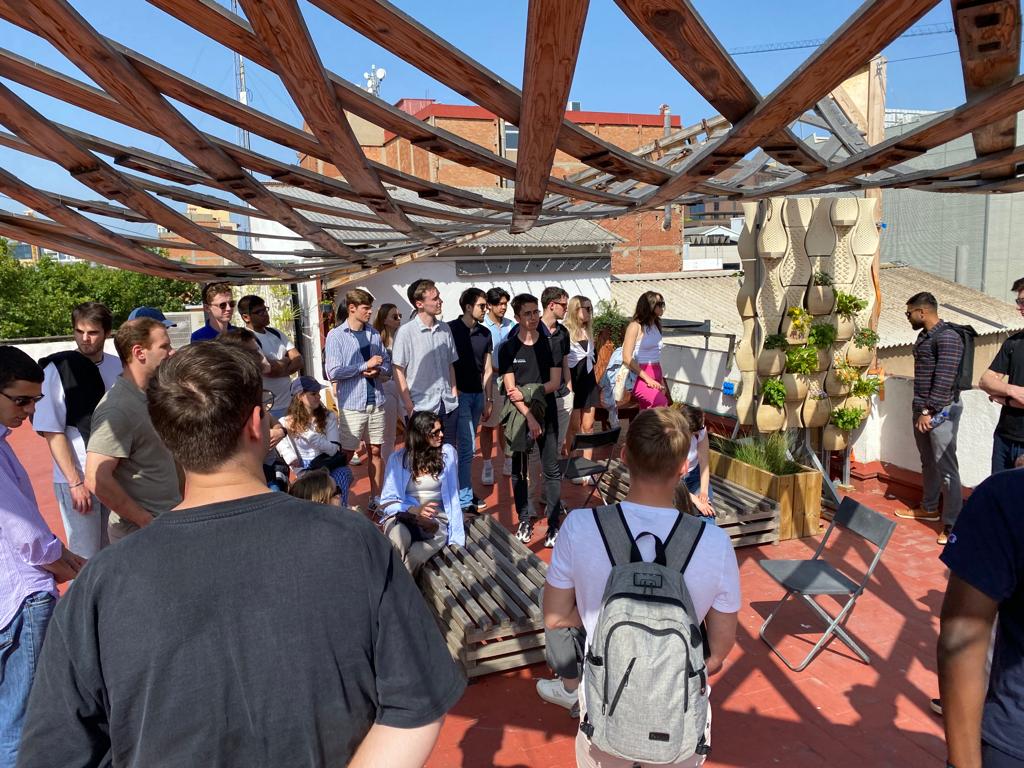The Iranian Chamber of Commerce, along with Khorramabad Chamber of Commerce and the local municipality hosted a four-day workshop from 21 to 24 October 2019. The event brought together local officials, neighbourhood associations, urban planners, engineers specialised in the development and implementation of nature-based solutions, academics and an international delegation of experts from the URBiNAT project.
A key strategic partner of the URBiNAT project with a status as an “Observer City”, the ancient city of Khorramabad is the capital of the province of Lorestan in Iran. The city benefits from abundant natural assets and a cultural heritage stretching back over centuries. It is one of the two Asian horizontal partner cities in the URBiNAT project.
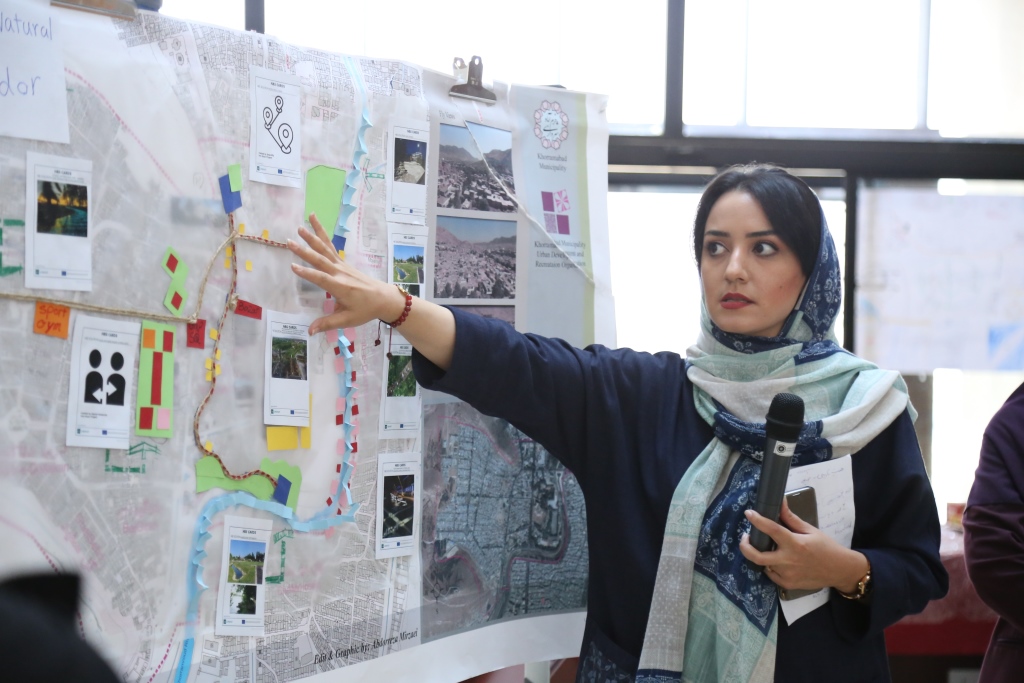
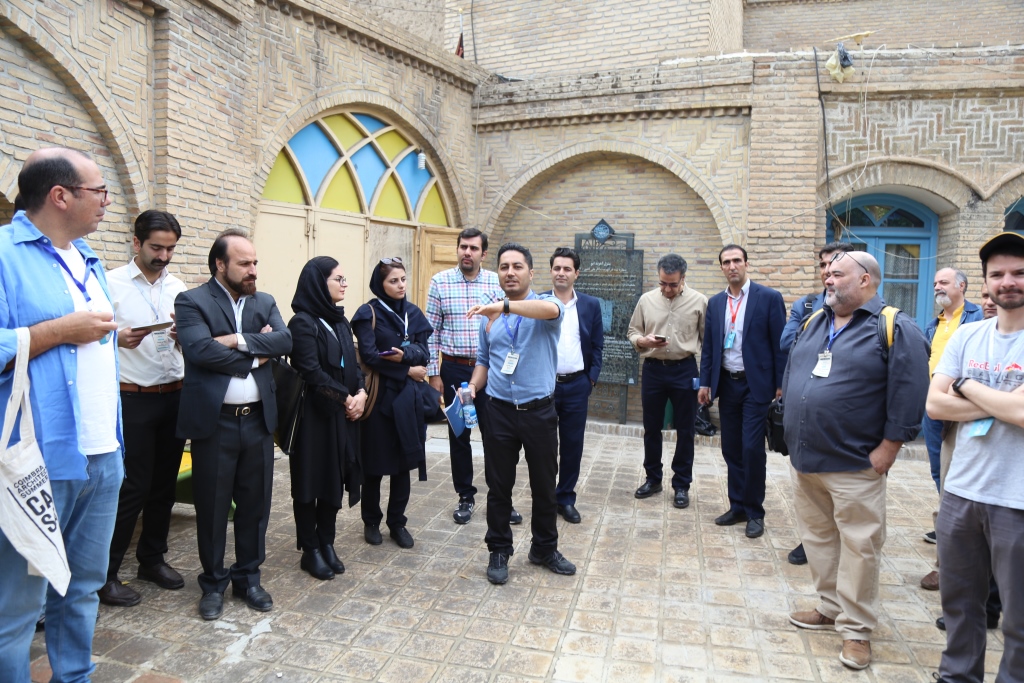
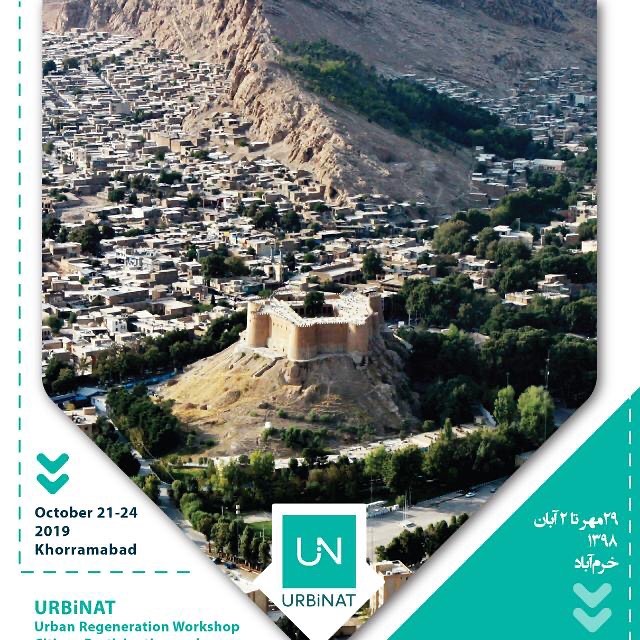
After an official opening ceremony on October 21 in the presence of all stakeholders of the city including the mayor, local authorities and citizens, the workshop continued with some training sessions about Local Diagnostic, Co-creation process and NBS catalogues in Khorramabad chamber of commerce. After this the participants took part in a visit of the old neighbourhood of the city which has been selected as the pilot neighbourhood for the project.
Visiting one primary school of girls and another secondary school of boys were other activities of the workshop. European and Iranian participants applied interview-game with pupils about nature- based solutions such as imagination games, photo voice, as well as co-drawing to extract the indicators of an ideal city and neighborhood from local pupils. Students were received gifts at the end such as T-shirts, notebooks and colourful pens with URBiNAT logos to share the story of their practiced games with their friends and families as the URBiNAT ambassadors.
Workshop participants then continued mapping the neighborhood and its challenges through a collaborative process. This involved visiting different districts of the old Khorram Abad neighborhood, and interviews with groups of local citizens, including minorities. Interviewers asked people about the things they like, dislike or would most like to change about their neighbourhood. The collected data was complemented with photos taken by each participant from the visited place to share and discuss with others. Local city guides assisted the visiting groups for making a deep diagnosis of the natural aspects of the neighborhood.
Having collected all feedback from the local citizens in addition to the students, the participatory discussions about the neighborhood continued by sticking some post-it papers on the map, to discover and prioritize the essential needs by local people. Then participants started the process of Co-Selection and Co-Creation of Healthy Corridors in the neighborhood for one more day, by taking URBiNAT NBS catalogues in use.
Finally the workshop participants could design the initial concept of NBS and 2 proposal for Healthy Corridor in Old Khorram Abad neighborhood, with focus on strengthening social and solidarity economy and social cohesion.
URBiNAT project is going to be followed in Khorramabad during next 4 years later, but based on the participants feedback, this workshop was a crucial step in understanding the project and further activities of co-diagnostic phase in Khorram Abad.






